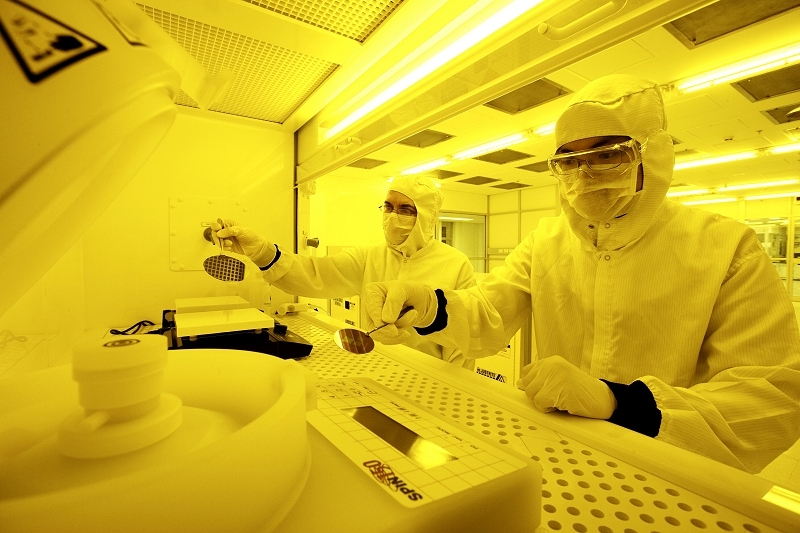
Google’s Quantum Artificial Intelligence team is partnering with a group of researchers from the University of California, Santa Barbara, as part of a project to design and build its own quantum processors.
Modern computers use transistors based on binary computing in which a transistor can only be in one of two states – on or off, represented by a 1 or a 0. Quantum computers, however, would use qubits (quantum bits) that can hold multiple states at the same time. For example, they can be a 0 or a 1 or both at the same time.
This flexibility could allow them to perform multiple calculations in parallel and in turn, be much faster than today’s computers.
This isn’t Google’s first time at bat with quantum computing. If you recall, the search giant joined forces with NASA to build a laboratory around a supposed 512 qubit quantum computer from D-Wave just over a year ago.
The Quantum AI team isn’t abandoning the D-Wave project. Instead, they will use theoretical insights gained from their time with the machine to implement and test new designs for quantum optimization and inference processors.
D-Wave’s authenticity has been called into question over the years as some in the scientific community aren’t convinced they’ve actually built a true quantum computer. It's a debate that still rages on today.
Of course, Google and NASA aren’t the only companies interested in quantum computing. IBM is working on its own solution while the NSA is rumored to be building a quantum machine capable of cracking most forms of modern encryption.
https://www.techspot.com/news/57933-google-to-build-its-own-quantum-computing-processors.html